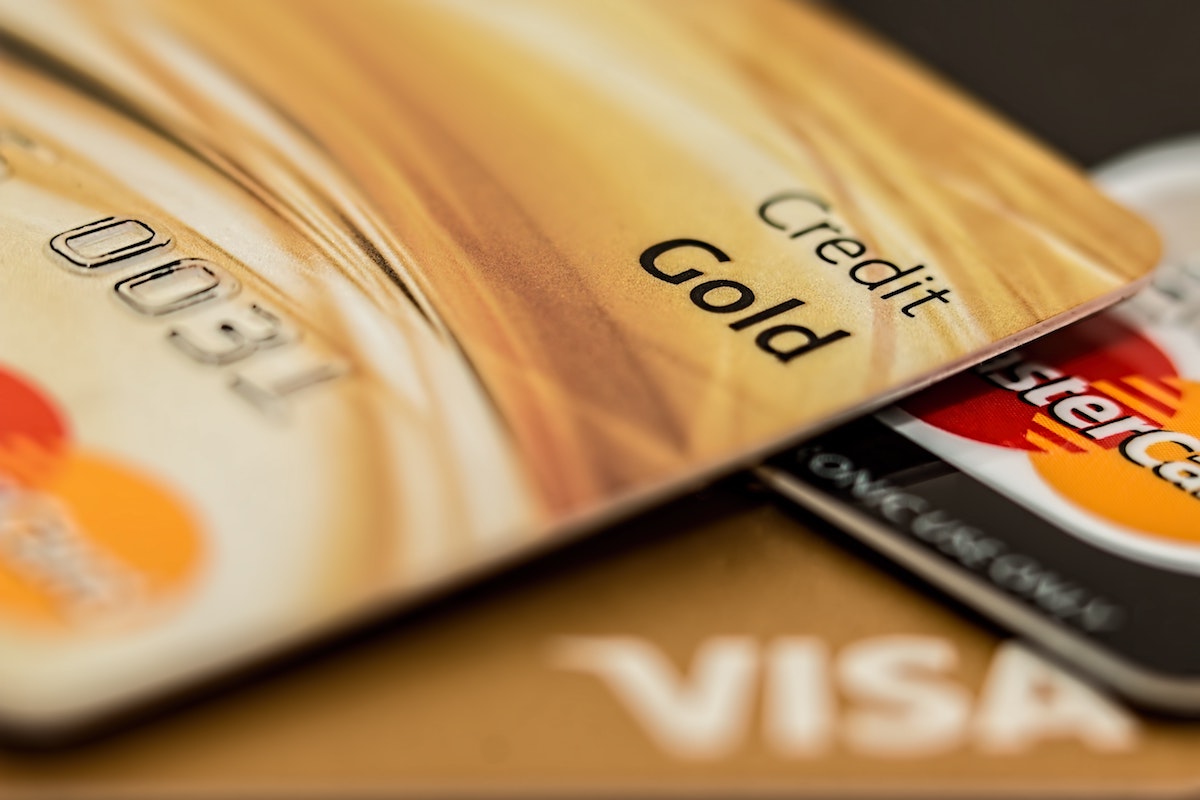Difference between Credit Score & Credit Report

As it relates to your finances it’s important to know certain terms and tools you can use to improve your financial health. One essential question to understand better is the difference between a credit score and a credit report, which will be addressed here.
While they are both useful tools, understanding the dissimilarities between the two will help you make wiser financial decisions. Here you can learn more about each such as what is a credit score and what is a credit report and the main components that set them apart.
What is A Credit Score?
In the simplest of terms, a credit score is predicting how likely it is that you can and will pay a loan off or back in time based on the information in your credit reports. It’s a three-digit number that represents the probability that you’ll pay your bills when they come due. Generally, the higher it is, the more favorable your credit terms will be. If you want to find out your credit score then check with your credit card, financial institution or loan statement.
What Affects Your Score?
There are a few main factors that affect or impact your score such as payment history and amounts owed. Your credit history length also plays a role in what your score comes out to be. Keep in mind that hard inquiries can swing this score, meaning too many of them can hurt your credit score as it may signify increased risk to lenders.
What is A Credit Report?
A credit report, on the other hand, is a piece of paper or statement that includes information regarding your current credit situation and your credit activity. For example, the current status of your credit accounts as well as your loan-paying history.
What are the Different Types of Credit Accounts on Your Credit Report?
There are several different types of credit accounts on your credit report to be aware of. They include current and historical credit accounts as well as account balances and the credit limit or amount. Additional types of credit accounts on your report are:
- The name of the creditor
- Account payment history
- Account balance
- Date the account was opened and closed
Why is it Important to Understand Both?
It’s important to understand both since they are factors in determining your loan terms, which includes the interest rate. It’s vital that the information on your credit reports is both complete and correct. A credit report is important because it reflects your history of managing debt. While a credit score is significant since it determines if you get a loan, the rates you’ll pay, and other financial options that will be available to you. To check your credit report, you’ll need to have your name, address, social security number, and date of birth handy.
How/Where Can You Get A Free Credit Report
Given all this, you may be wondering where you can get a free credit report, and if running a report affects your score. Every 12 months you are entitled to a free credit report from each of the three major consumer reporting companies which are Experian, Equifax, and TransUnion. The good news is that running or checking your own credit report won’t impact your credit scores. Keep in mind that reports from these three nationwide consumer reporting agencies usually won’t include scores.









